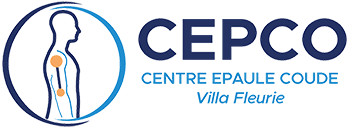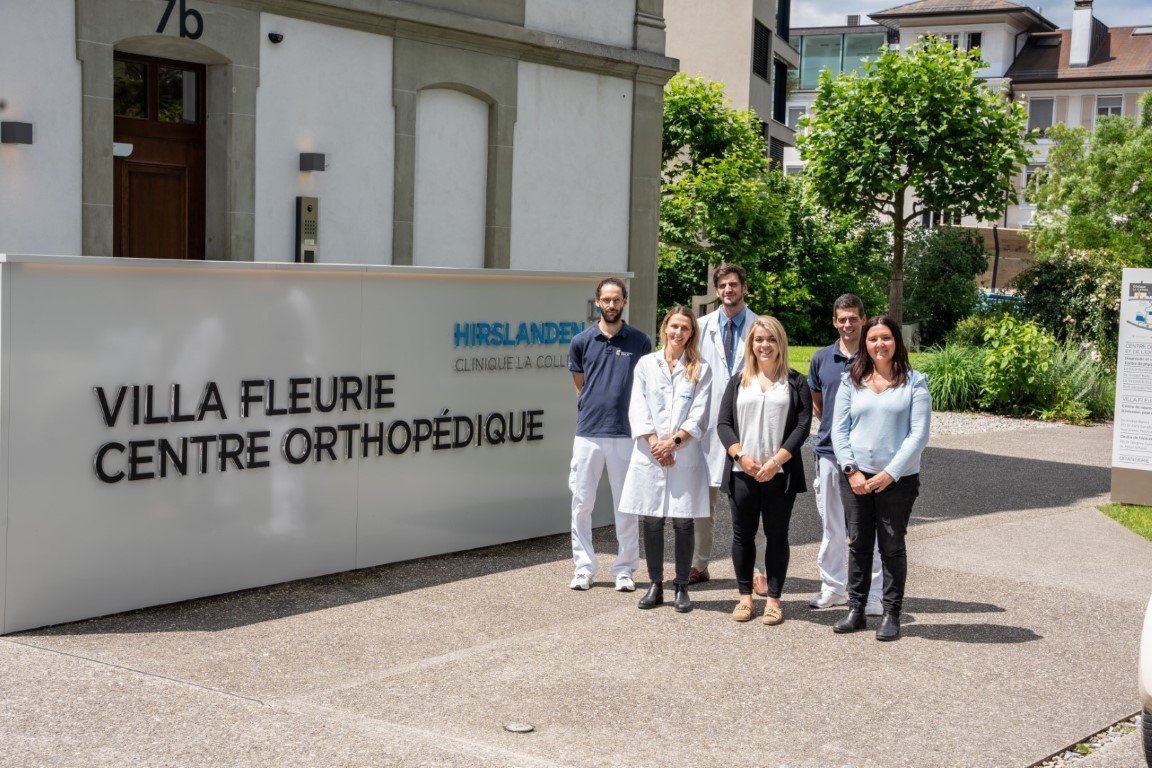Publication: EFORT Open Rev. 2018 Oct 24;3(10):550-557. doi: 10.1302/2058-5241.3.180007. eCollection 2018 Oct.
Co-authors: Lädermann A, Tirefort J, Zanchi D, Haller S, Charbonnier C, Hoffmeyer P, Cunningham G.
Abstract:
Shoulder apprehension is related to changes in functional cerebral networks induced by dislocations, peripheral neuromuscular lesions and persistent mechanical glenohumeral instability consisting of micro-motion.All the damage to the osseous and soft-tissue stabilizers of the shoulder, as well as neurologic impairment persisting even after stabilization, must be properly identified in order to offer the best possible treatment to the patient.There is growing evidence supporting the use of a global multimodal approach, involving, on the one hand, shoulder ‘reafferentation’, including proprioception, mirror therapy and even cognitive behavioural approaches, and, on the other hand, surgical stabilization techniques and traditional physical therapy in order to minimize persistent micro-motion, which may help brain healing. This combined management could improve return to sport and avoid dislocation arthropathy in the long term. Cite this article: EFORT Open Rev 2018;3:550-557. DOI: 10.1302/2058-5241.3.180007.




